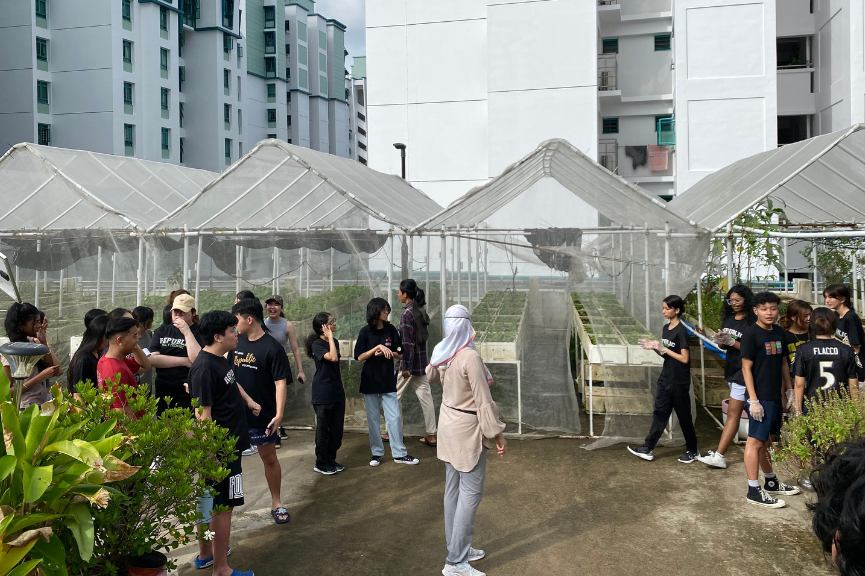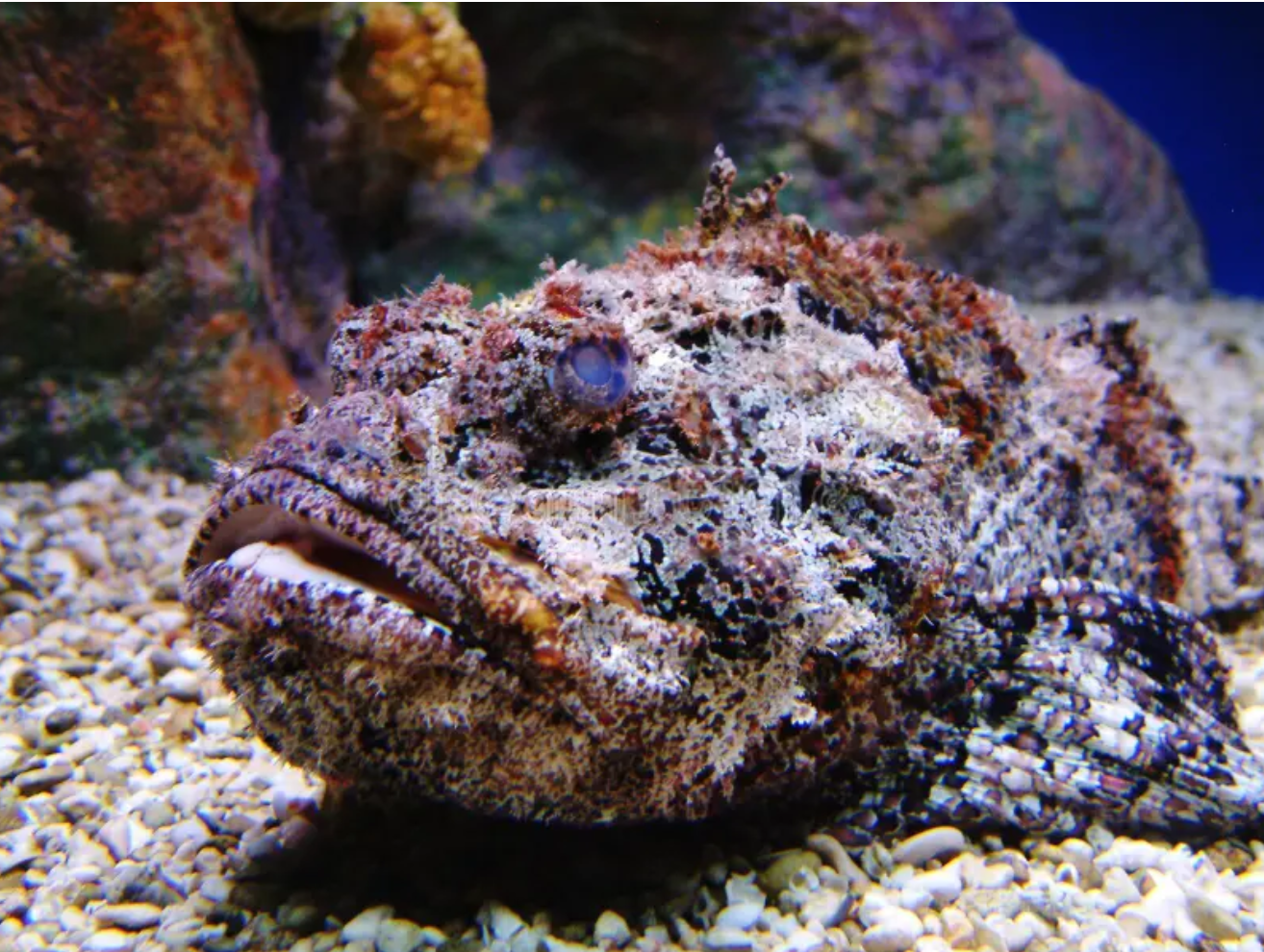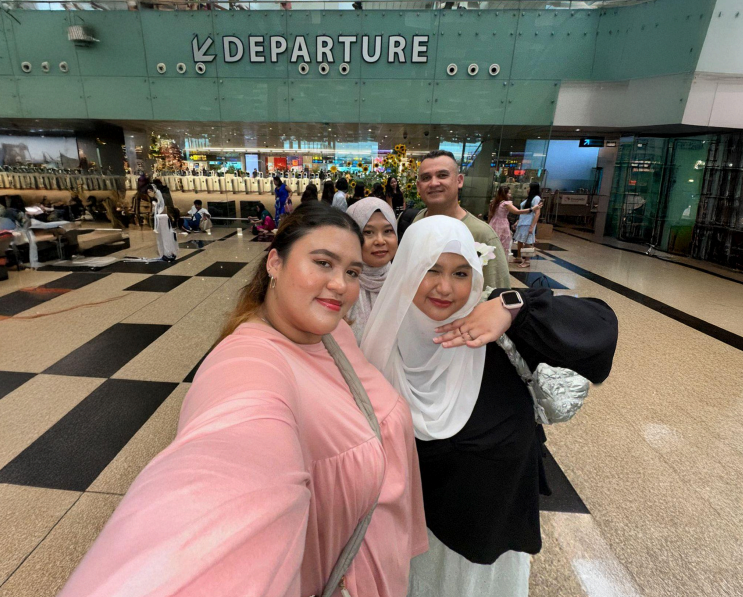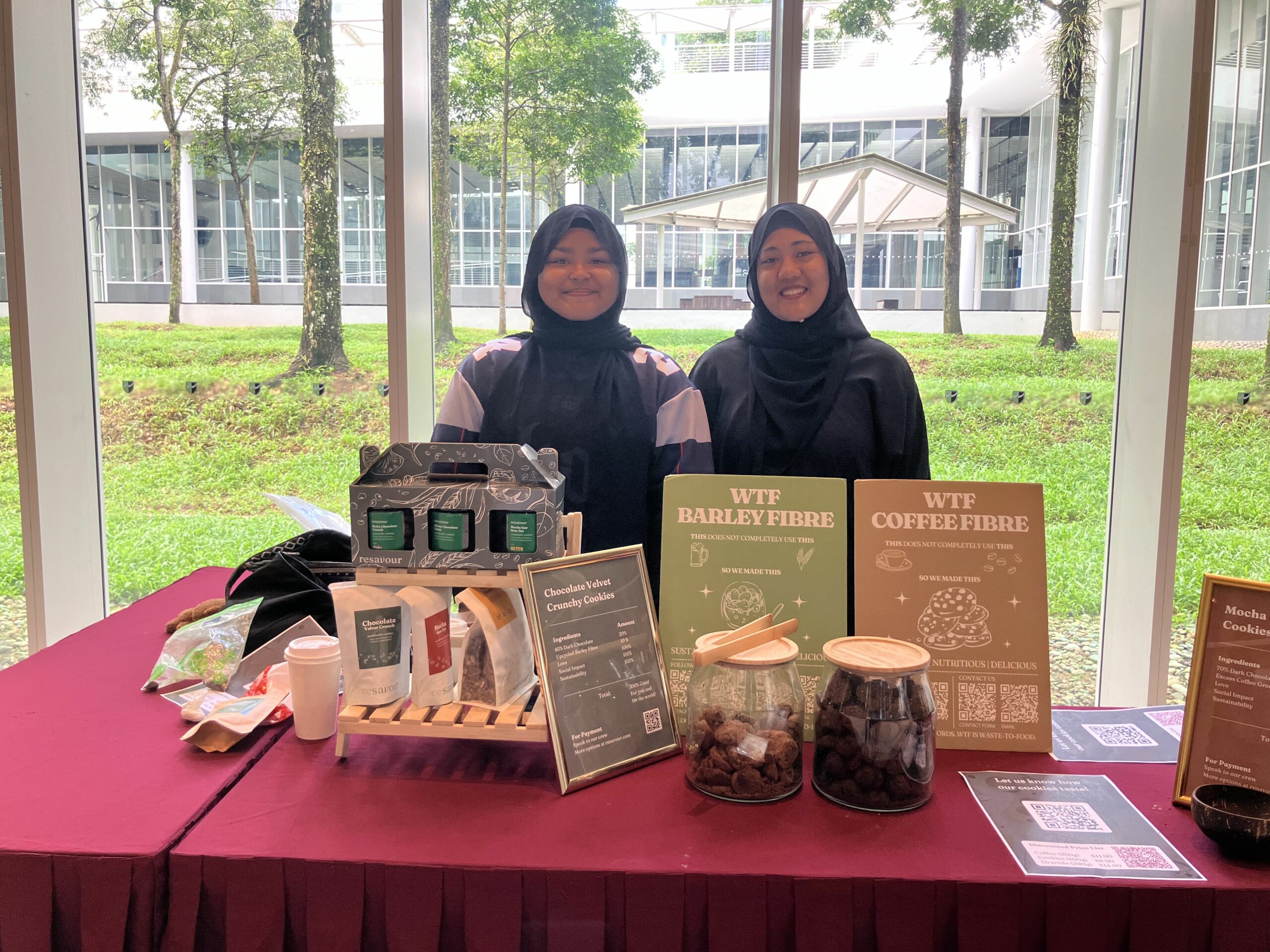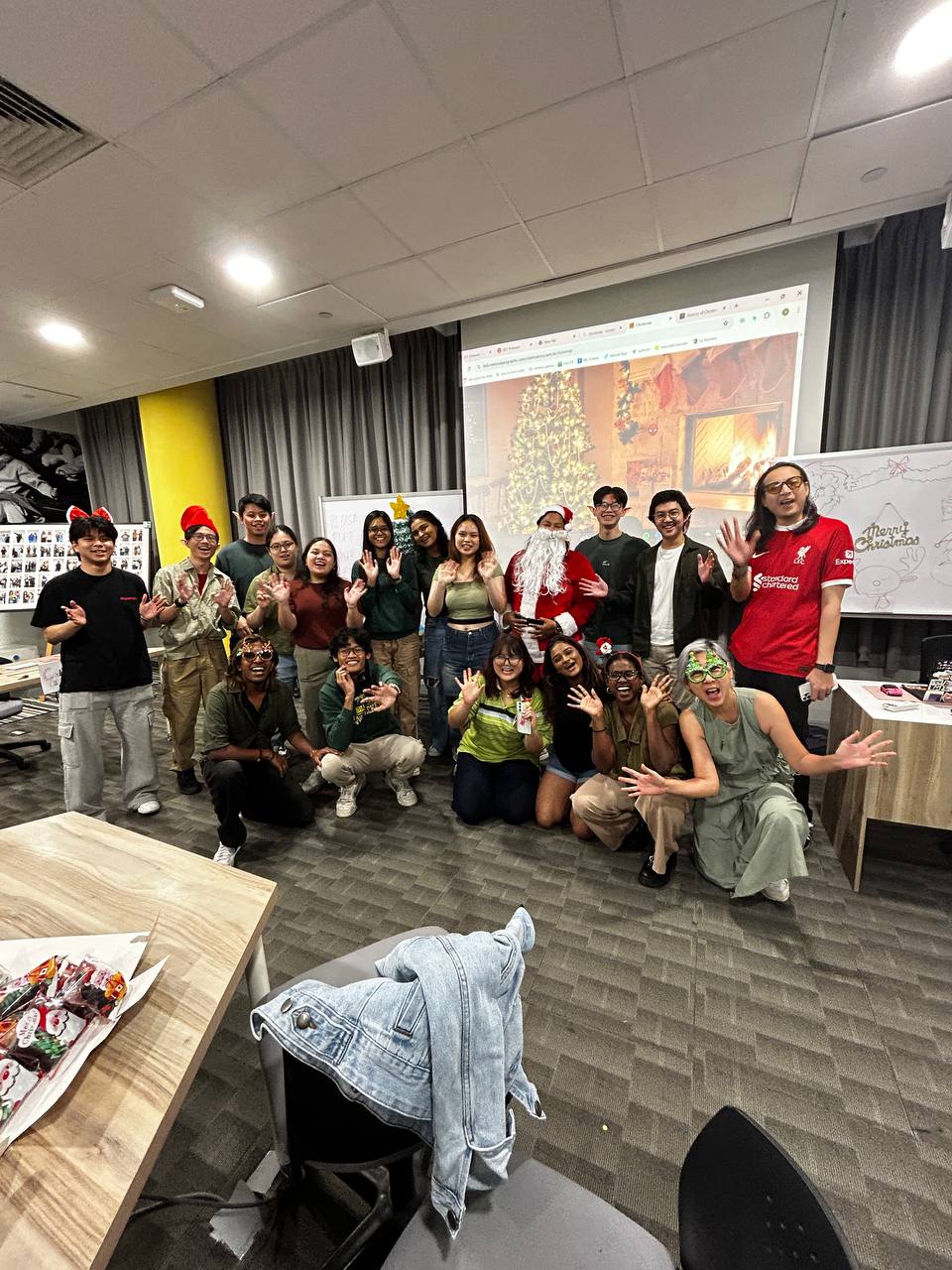In December 2023, a raid by the Health Sciences Authority (HSA) and the Immigration and Checkpoints Authority (ICA) found 177 people with e-vaporizers. But while noble, this seems like a drop in the bucket.
There are reports of primary school children vaping in school surfaced. In one such case, ten Primary five and six students were shamed in front of the school for vaping. Meanwhile, in 2022, 800 students from schools were caught vaping, adding to the 4916 people caught in 2022.
Vaping is supposedly banned in Singapore, but getting a vape is as easy as finding a seller on Telegram, where such accounts are commonplace. It’s so easy that once you shut down a seller, two new accounts pop up.
EVALI (e-cigarette or vaping use-associated lung injury) is a condition that sends 96% of patients who report it to the hospital. Patients are placed on a ventilator, unable to breathe on their own. The youngest patient to die from EVALI was 15 years old.
I don’t have an easy solution to this problem. You can blame the sellers who knowingly sell to children, to the vapers who do it in enclosed areas, uncaring of second-hand smoke. But its effects could have been minimised if the crackdowns had been earlier and more stringent, and the punishment for vaping more than a slap on the wrist.
We’ve reached the stage where people can openly vape in front of others, and who would report them? It’s so normalised here, and given the light repercussions, there isn’t a point, not when you can buy another vape so easily.
Maybe one day, vaping will be controlled just as strictly as drug use or smoking in Singapore. But until then, we may see a wave of children with collapsing lungs in the future.


